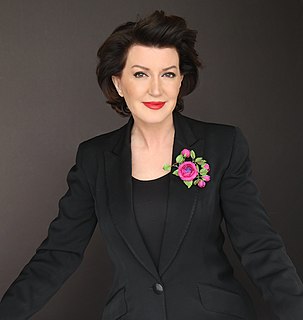A Quote by Nancy Kress
For commercial books in a genre, readers' and editors' expectations may be fairly rigid. Some romance lines, for instance, issue fairly detailed writers' guidelines explaining exactly what must happen in a book they publish (and what must not).
Related Quotes
There are in France some fifty thousand young men of good birth and fairly well off who are encouraged to live a life of complete idleness. They must either cease to exist or must come to see that there can be no happiness, no health even, without regular daily labor of some sort... The need of work is in me.
I have a total responsibility to the reader. The reader has to trust me and never feel betrayed. There's a double standard between writers and readers. Readers can be unfaithful to writers anytime they like, but writers must never ever be unfaithful to the readers. And it's appropriate, because the writer is getting paid and the reader isn't.






































